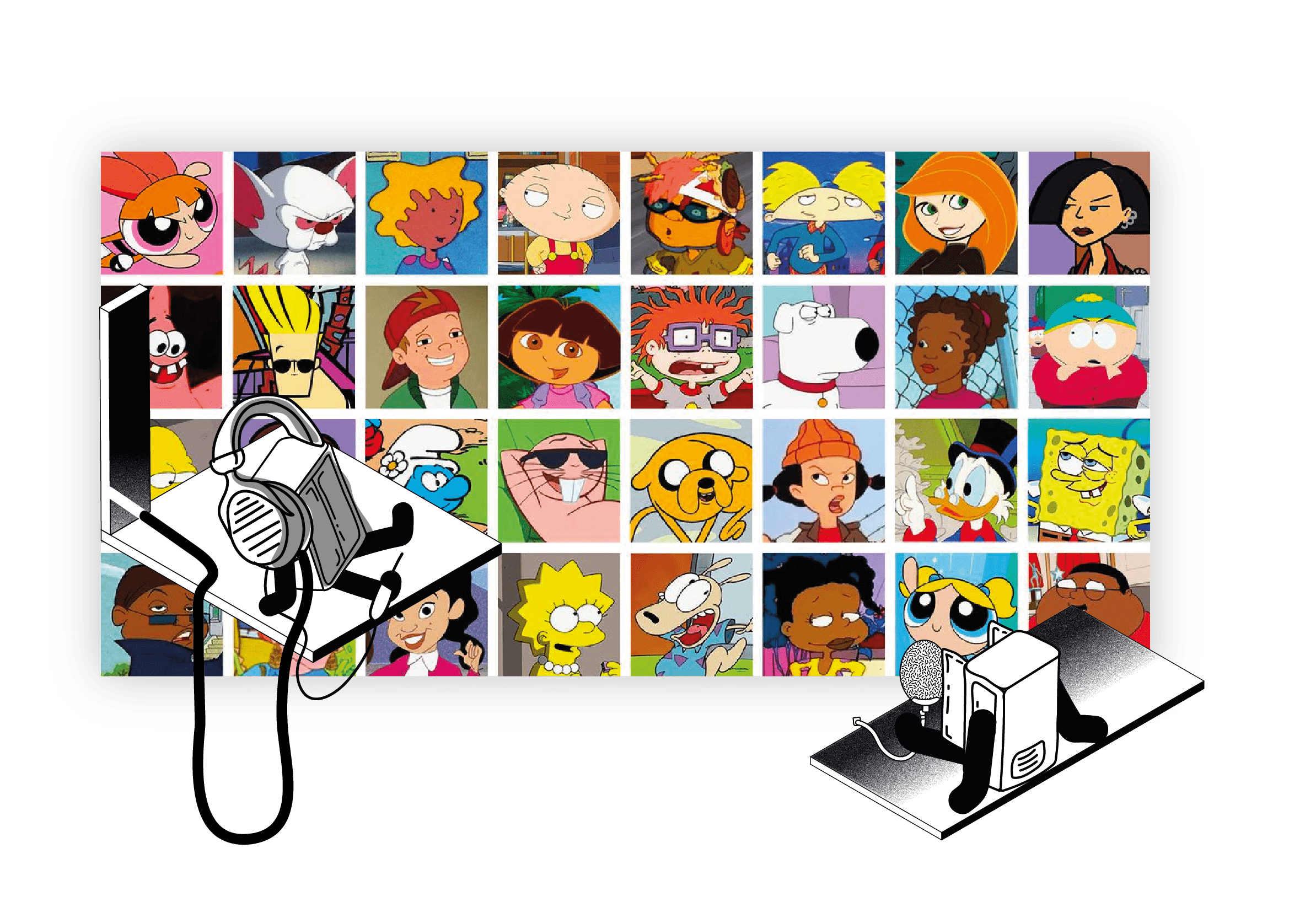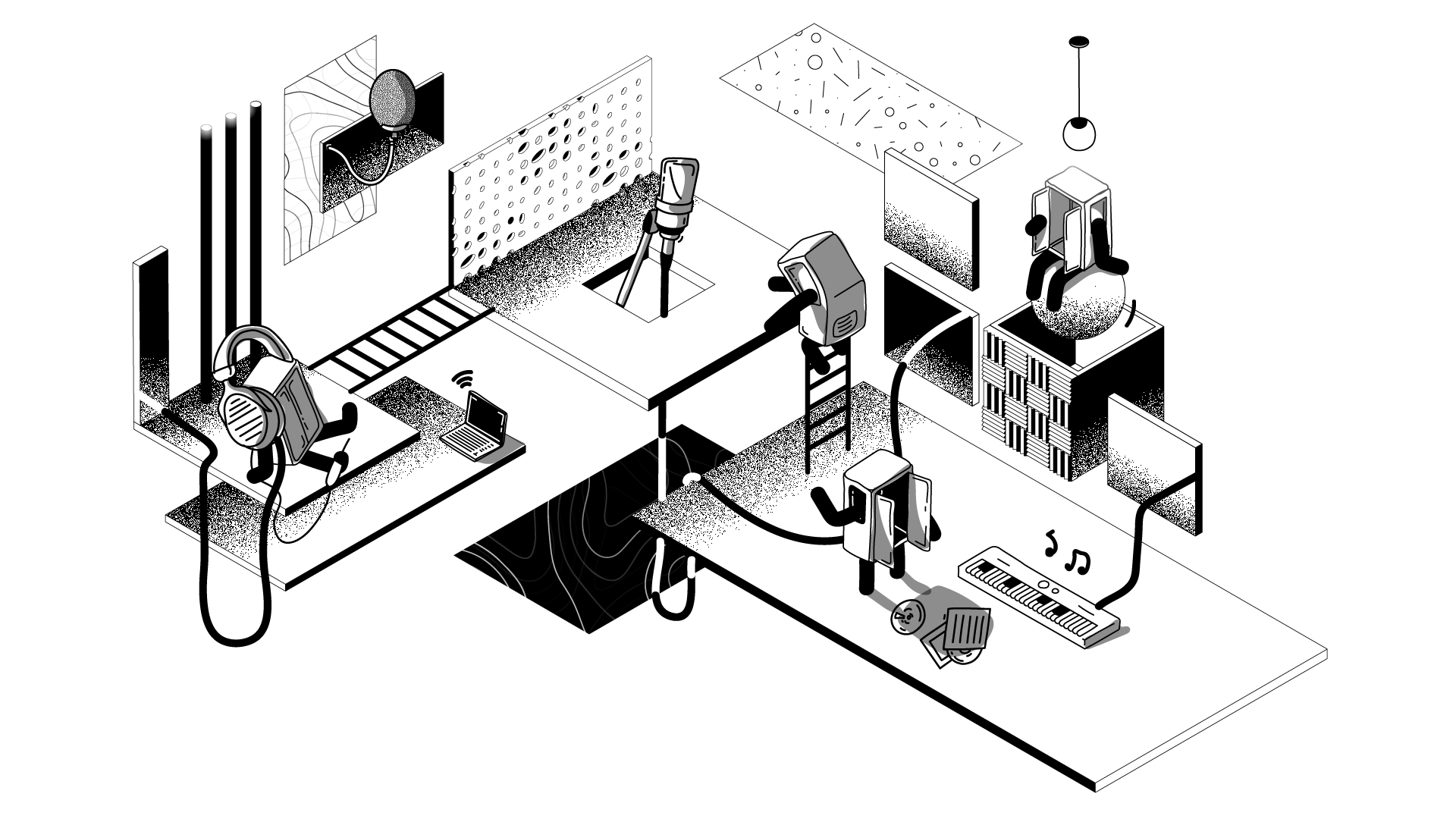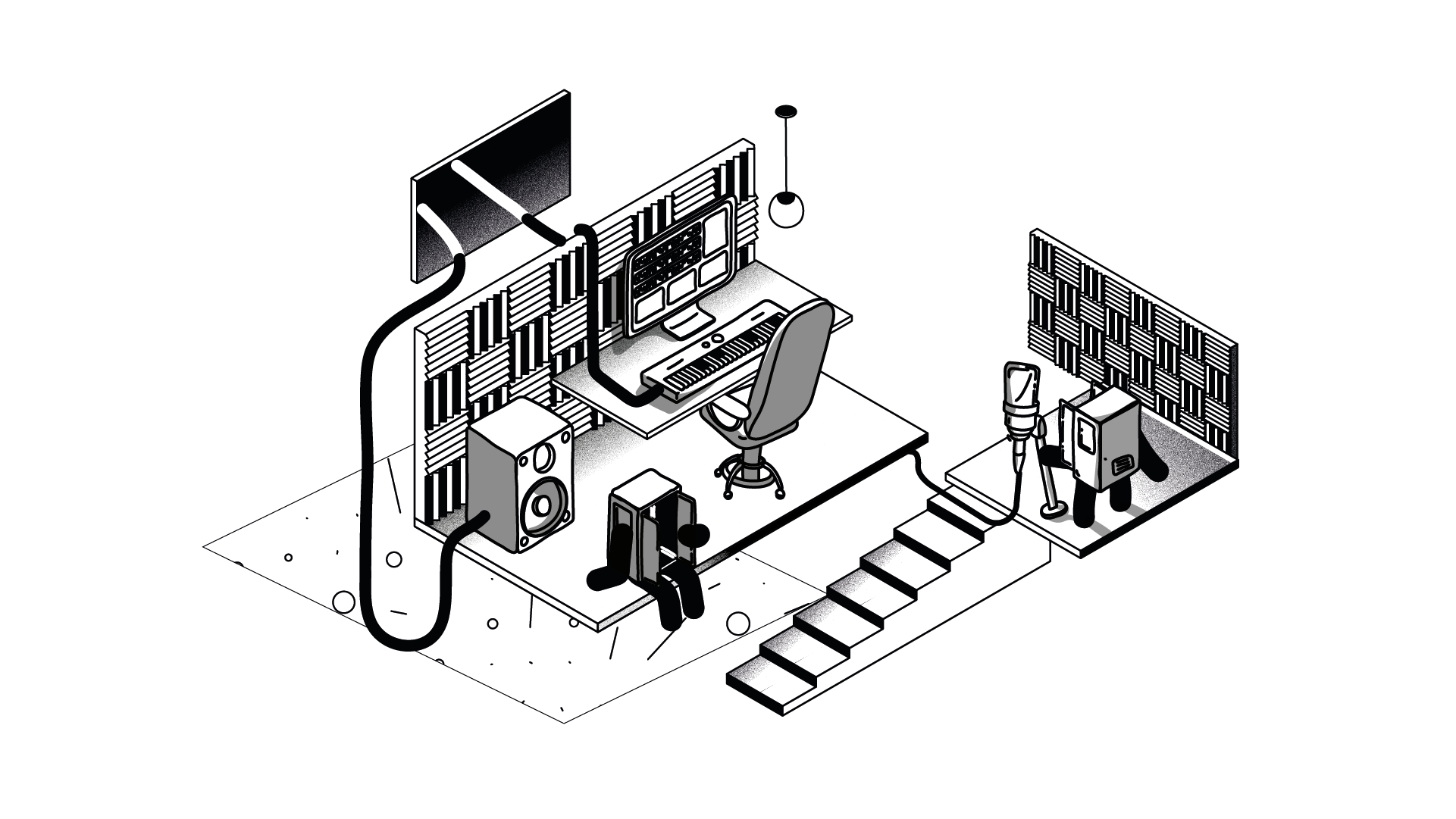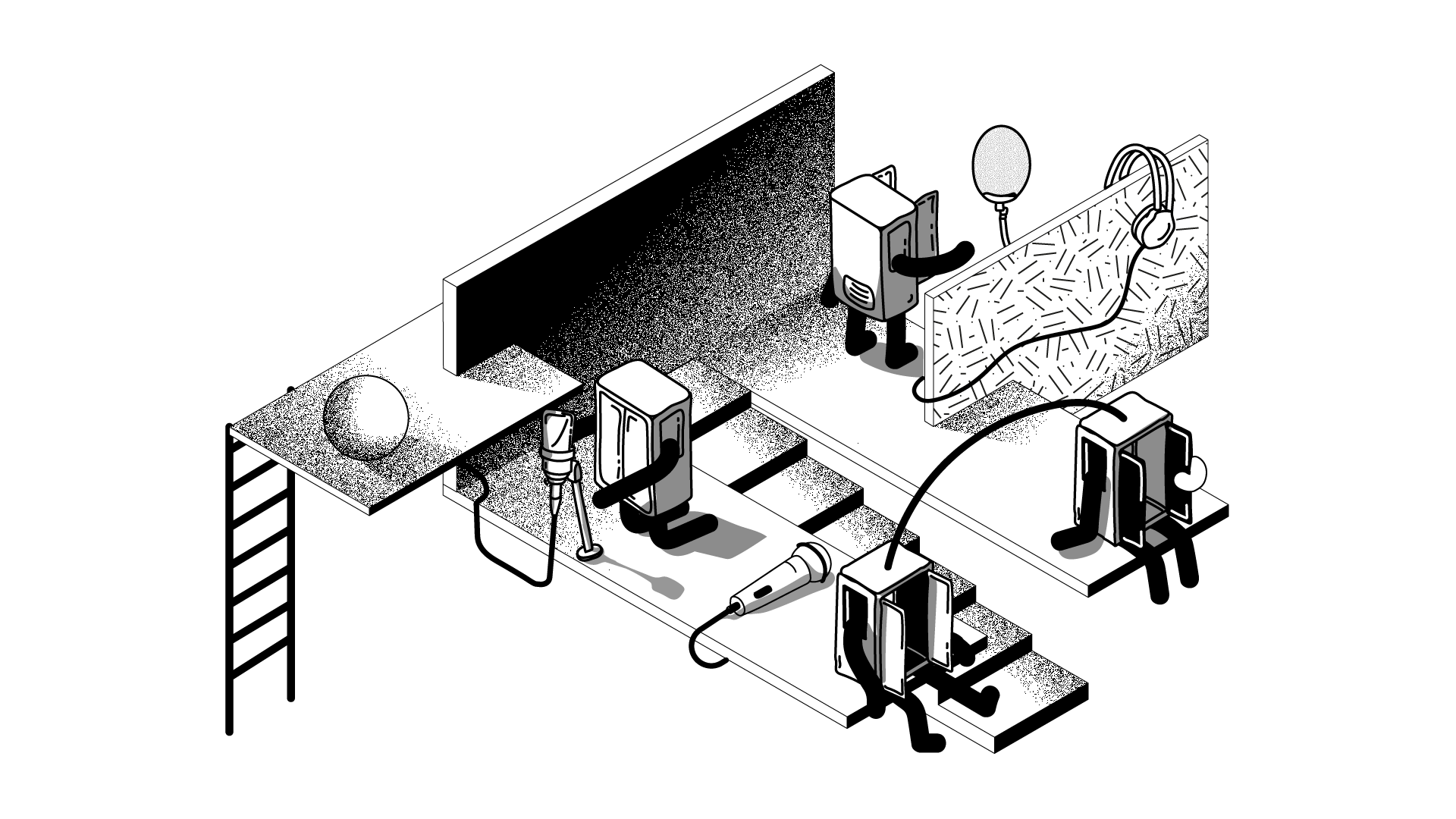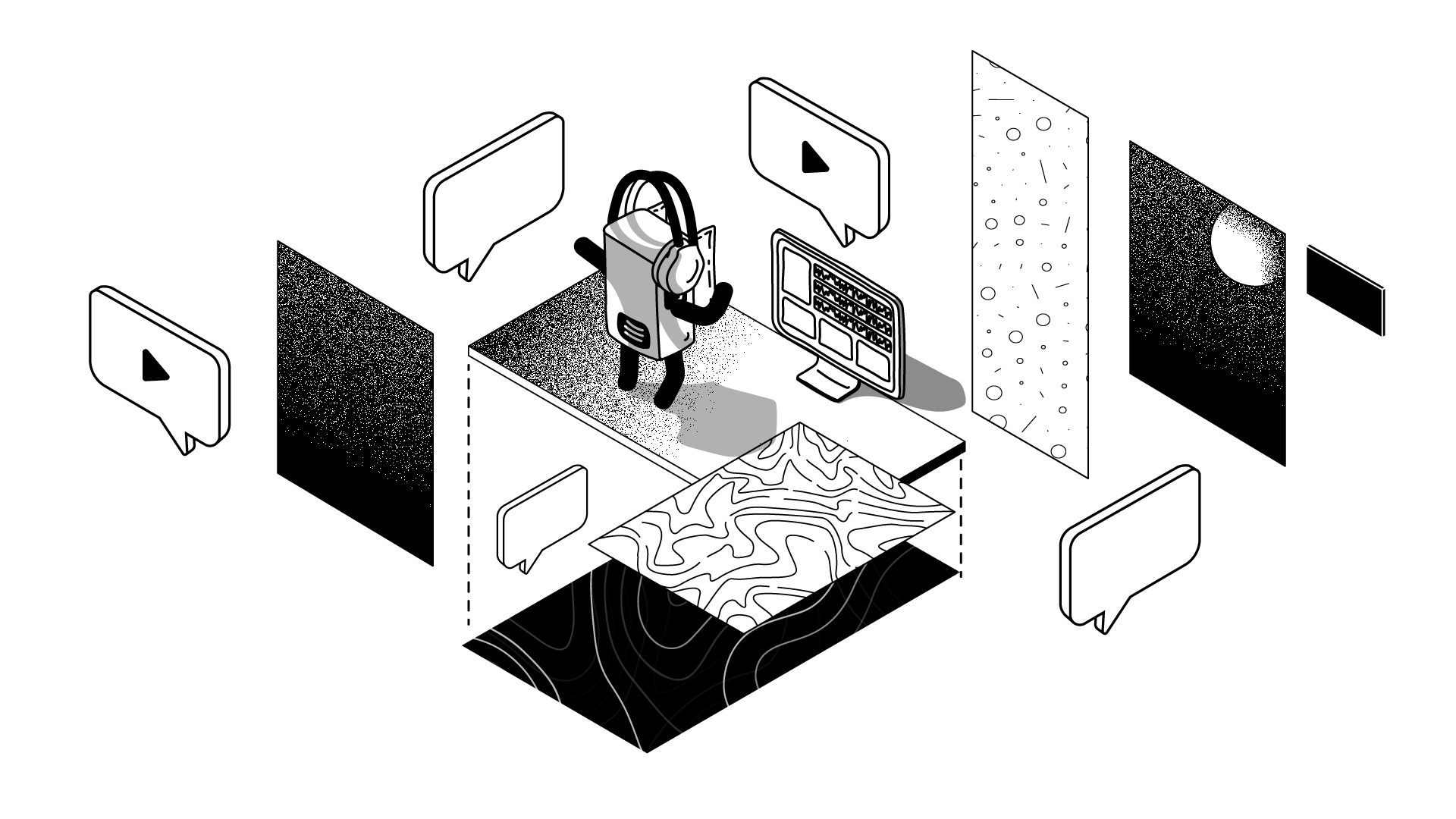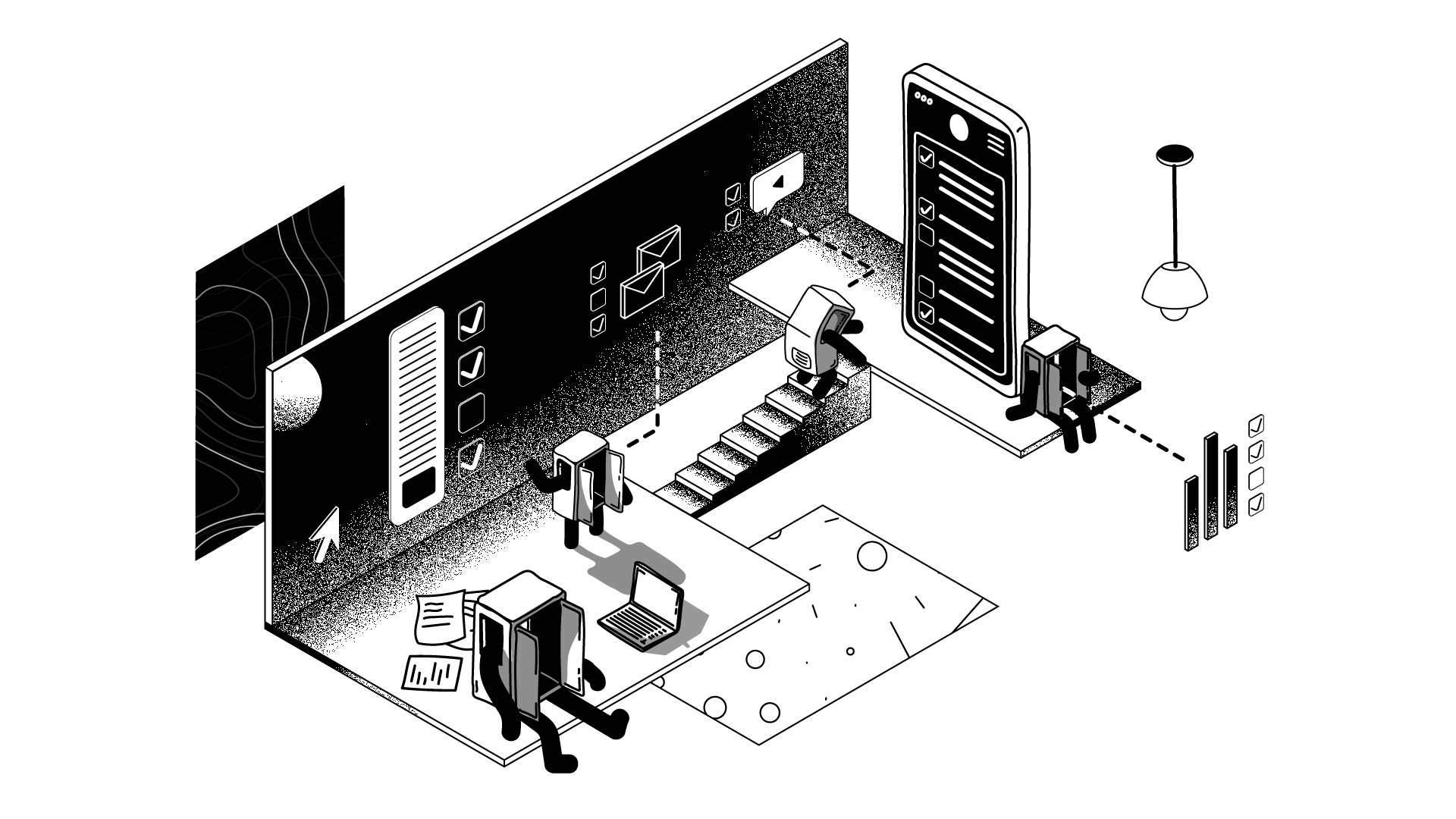How to be a voice actor for cartoons
Growing up with cartoons, many people dreamed of being the characters on the screen. With the colorful characters and expressive emotions, why not? Cartoon and animation resonate with the child within all of us, the person that feels emotions deeply and wears them on their sleeves. It turns out, that’s exactly what it takes to become a voice actor for cartoons. It takes a lot of emotion, acting, and the development of a character.
How to become a voice actor for cartoons
Focus on acting
Acting is at the foundation of voice overs, and it’s especially apparent in cartoon voice acting. Cartoon characters require a greater focus on transmitting emotion, telling a story, and portraying a character. The better you can act, the better you’ll be able to become a voice actor for cartoons. Consider joining acting groups or classes.
Get into character
When voice acting for cartoons, it’s important to focus on becoming the character. When you’re assigned a role, or are auditioning as a character, ask yourself: “who am I? What do I want? Where am I and where have I come from?” Learning the ins and outs of your character are necessary for bringing it to life.
Build a portfolio
It’s unlikely big animation studios will hire you right off the bat. You can build a portfolio by doing animation voice overs that aren’t as high-profile, such as indie projects, or even volunteer projects. Casting Call Club (CCC) is a good place to start browsing for these types of projects.
Exercise freedom
In the recording studio, it’s important to feel free, expressive, and have fun. Characters are brought to life when voice actors give different readings, their own takes on the characters. When you can get into the creative flow of playing a character, that’s where the magic happens. Feel free to use your body and move as the character would (though not too much), sometimes animation is based on how the voice actor moves.
FAQ
Industry rates can range from $100 for a short 15-second animation to $10,000 for a leading role in an animated short. You can earn even more as the lead role in an animated feature film.
No. Especially during the pandemic, people are finding ways to record voice overs in home recording studios. And thanks to remote live-directed sessions, voice actors and directors can have recording experiences that are very similar to in-studio ones.
